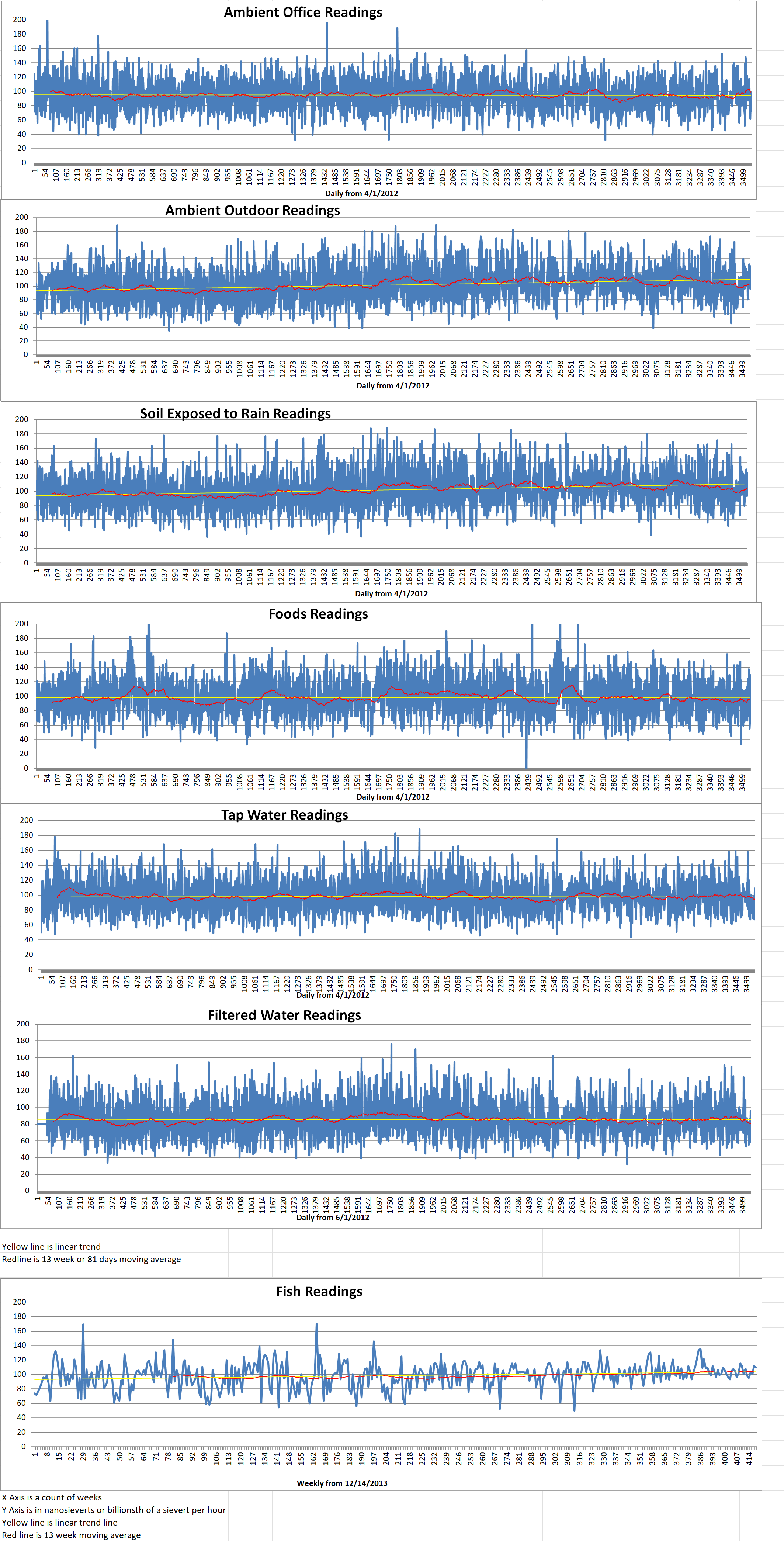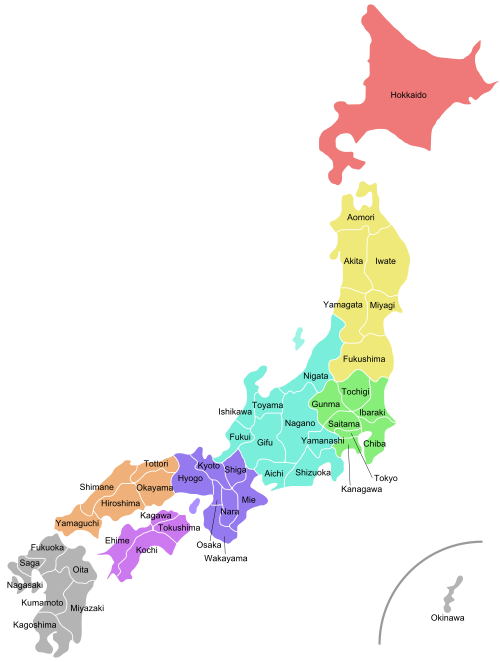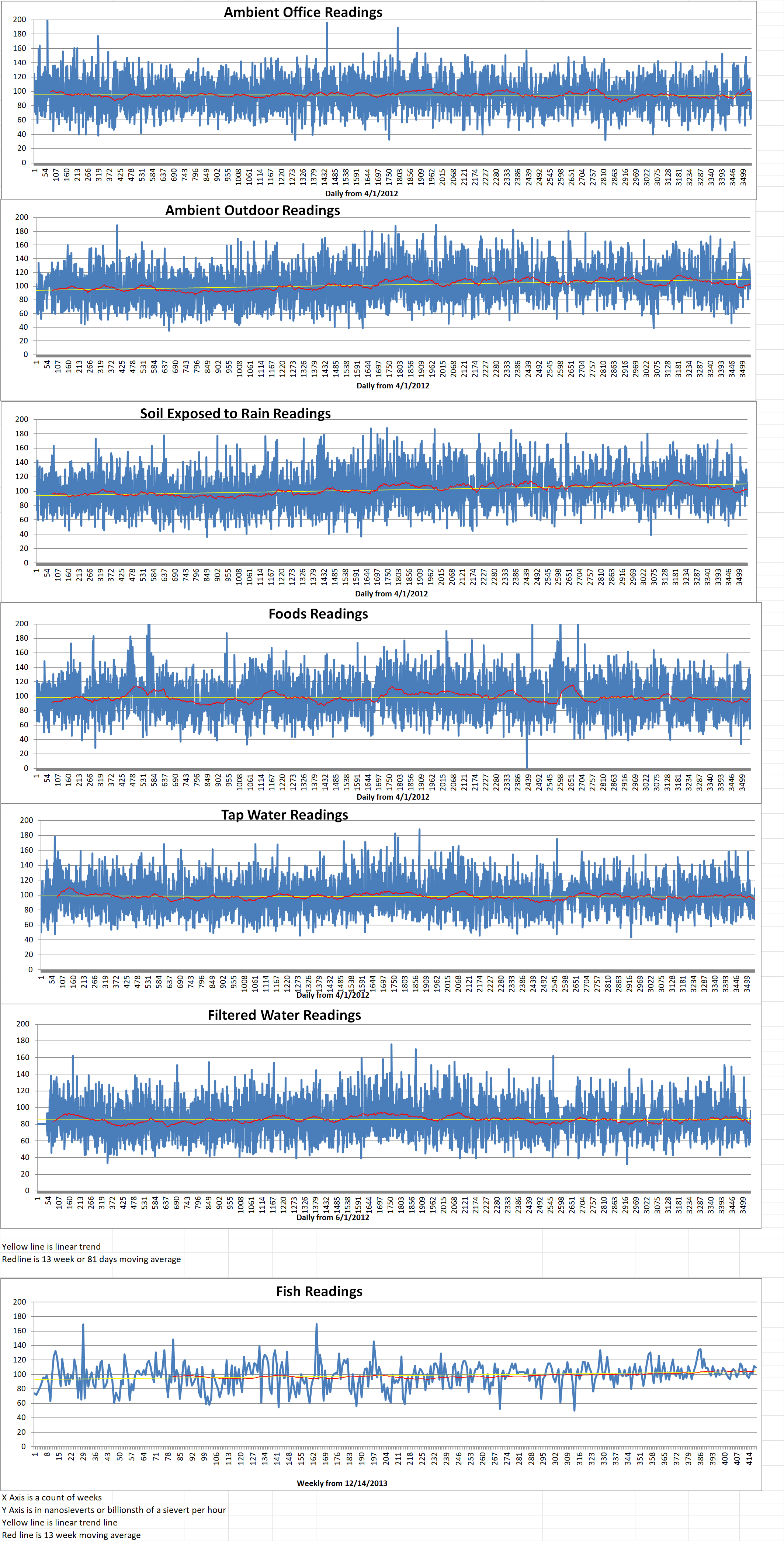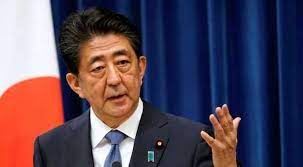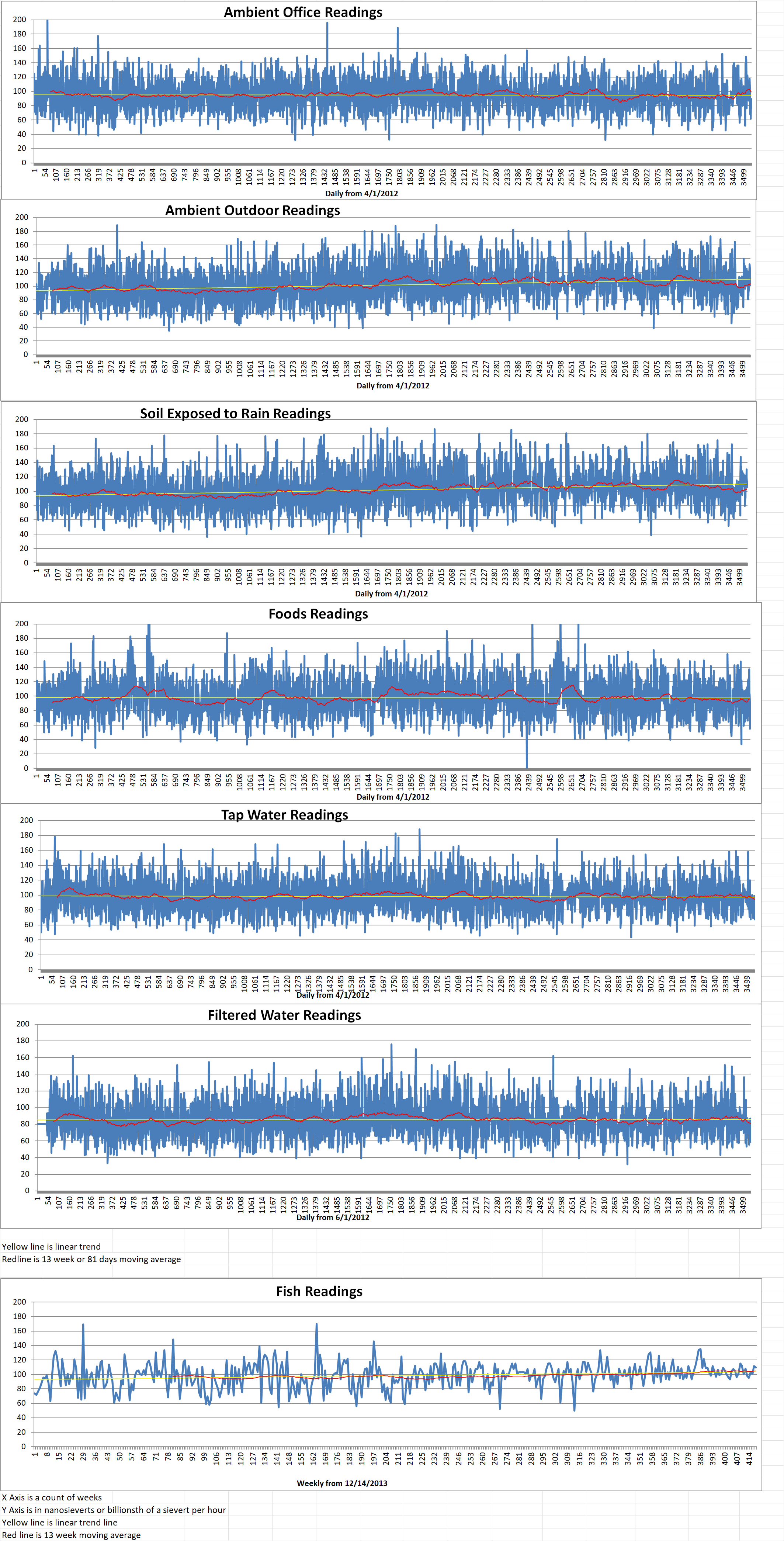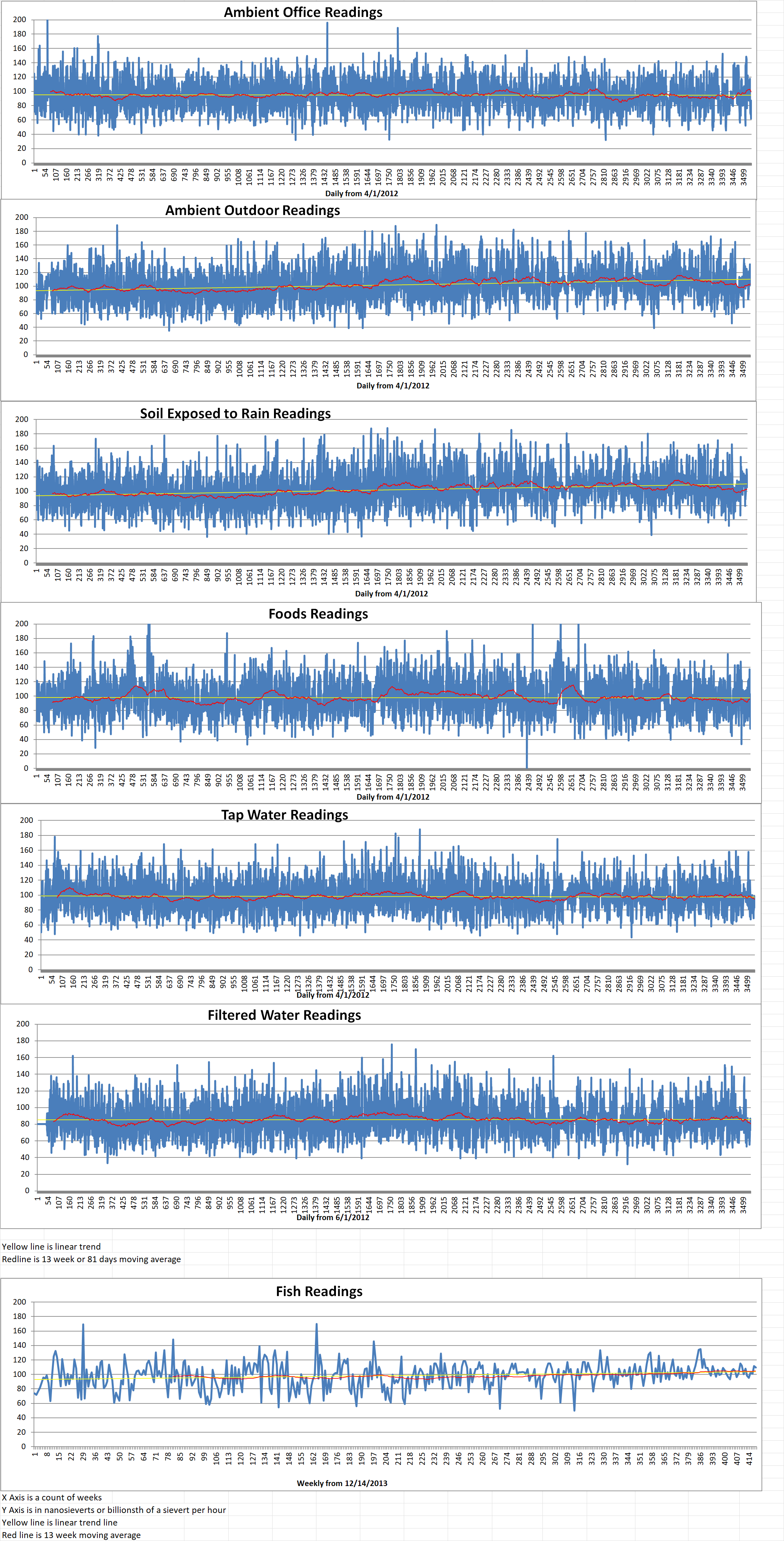Part 2 of 2 Parts (Please read Part 1 first)
Tobias Harris is the author of a biography of Shinzo Abe. He is a senior fellow at the Center for American Progress in Washington, D.C. He recently said that the remarks by the former Japanese Prime Minister with respect to nuclear weapons was an indication of the “tremendous pressure” the current Prime Minister Fumio Kishida was likely to face from his party’s right wing as his government reviews Japan’s national security strategy and other key defense and diplomatic documents this year. He tweeted that “Whether this debate happens in the near term, the taboo on discussing this subject has eroded substantially over the past 15-20 years.”
When asked about an invasion of or contingency around neighboring Taiwan, Abe called for the U.S. to abandon its long-standing policy of “strategic ambiguity” over whether or not if would defend Taiwan, urging a clearer approach. Abe said, “The U.S. takes a strategy of ambiguity, meaning it may or may not intervene militarily if Taiwan is attacked. By showing it may intervene, it keeps China in check, but by leaving the possibility that it may not intervene, it makes sure that the (Taiwanese) forces for independence do not run out of control. It is time to abandon this ambiguity strategy. The people of Taiwan share our universal values, so I think the U.S. should firmly abandon its ambiguity.”
Restating his position that a contingency over Taiwan would also represent an emergency for Japan, he said that the Okinawan Island of Yonaguni is just seventy miles from Taiwan. If China carried out an invasion of Taiwan, he said, it would obviously first establish air and sea superiority in the areas that would probably cover Japanese airspace and territorial waters.
China calls Taiwan a “core issue” and sees it as a renegade province that must be brought back into the fold even if force is required. China has increased its military activity near the island almost daily over the past two years. The U.S. has maintained a “one China” policy since 1979. It officially recognizes Beijing rather than Taipei. The Taiwan Relations Act requires the U.S. to provide the island with the means to defend itself.
Japan does not have formal diplomatic ties with Taiwan. It has traditionally remained silent on the issue in order to not antagonize China who is its biggest trading partner. Japan has now embarked on a bolder approach amid its concerns over Chinese assertiveness near Taiwan and elsewhere.
Abe’s remarks Sunday come as the Ukraine crisis has triggered fears that China many be looking to take a page from Russia’s playbook and invade Taiwan. Observers say that while the two scenarios on the surface share some similarities, the strategic lessons that China and Taiwan could gather from the Ukraine invasion are limited and potentially misleading.
In addition to Japan’s consideration of nuclear weapons as a response to southeast Asia’s deteriorating security situation, South Korea is currently engaged in a similar debate with respect to the possible acquisition nuclear weapons. Perhaps they are also considering a sharing arrangement like NATO’s.

